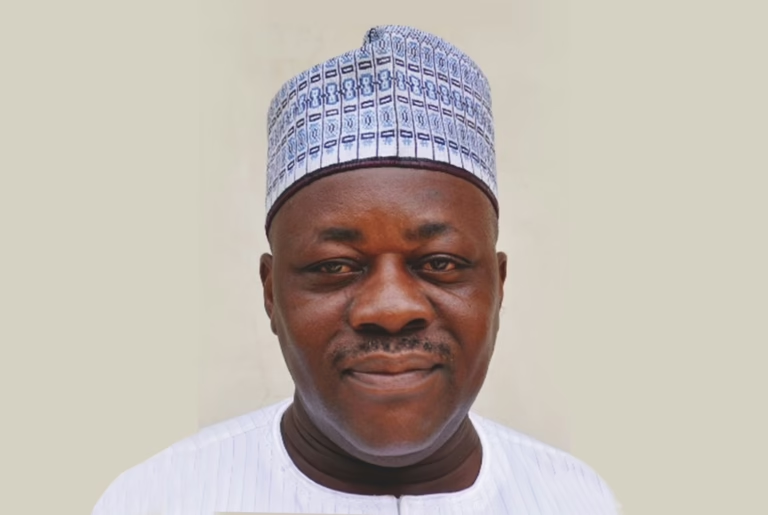President Tinubu’s Bold Claim: Corruption Eradicated in Nigeria?
During his recent diplomatic trip to Brazil, President Bola Tinubu made a striking declaration that corruption has been completely eliminated in Nigeria. He confidently stated, “The reforms I have implemented since assuming office have yielded significant results. I stand firmly behind this achievement. Although the process was initially challenging, today…”
Assessing the Impact of Anti-Corruption Measures
President Tinubu’s assertion highlights the administration’s commitment to tackling corruption head-on. Since his inauguration, various initiatives have been launched to enhance transparency and accountability within government institutions. These efforts include strengthening anti-corruption agencies, digitizing public services to reduce bureaucratic loopholes, and enforcing stricter penalties for corrupt practices.
However, independent reports and watchdog organizations continue to monitor Nigeria’s corruption landscape closely. According to Transparency International’s 2023 Corruption Perceptions Index, Nigeria scored 24 out of 100, indicating persistent challenges despite recent reforms. This suggests that while progress has been made, the complete eradication of corruption remains an ambitious goal.
Reform Challenges and Public Perception
The president acknowledged that the reform process was initially painful, reflecting the resistance often encountered when dismantling entrenched corrupt networks. Public opinion remains divided; some citizens applaud the government’s efforts, while others remain skeptical, citing ongoing cases of graft and mismanagement in various sectors.
For example, recent investigations into procurement irregularities in state governments and delayed judicial processes have fueled doubts about the total elimination of corruption. These instances underscore the complexity of uprooting systemic corruption in a country with a long history of such issues.
Looking Ahead: Sustaining Momentum Against Corruption
To build on current achievements, experts recommend continuous reforms, including enhancing civic education, empowering whistleblowers, and fostering collaboration between government, private sector, and civil society. The administration’s ability to maintain transparency and enforce accountability will be critical in transforming Nigeria’s governance landscape.
As Nigeria strives to improve its global standing and attract foreign investment, the fight against corruption remains central to its development agenda. The president’s declaration serves as both a milestone and a challenge to ensure that the nation’s anti-corruption journey is irreversible.
Article by Jibrin Ibrahim, originally published on Premium Times Nigeria.























0 Comments